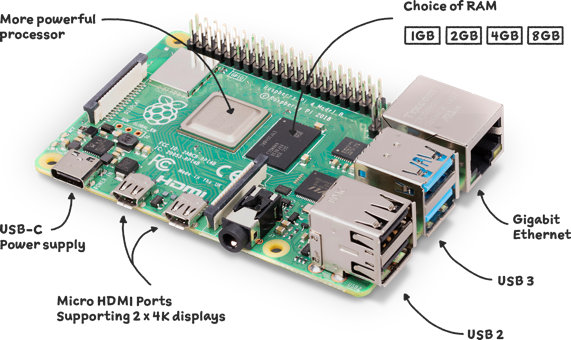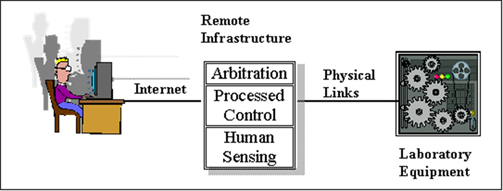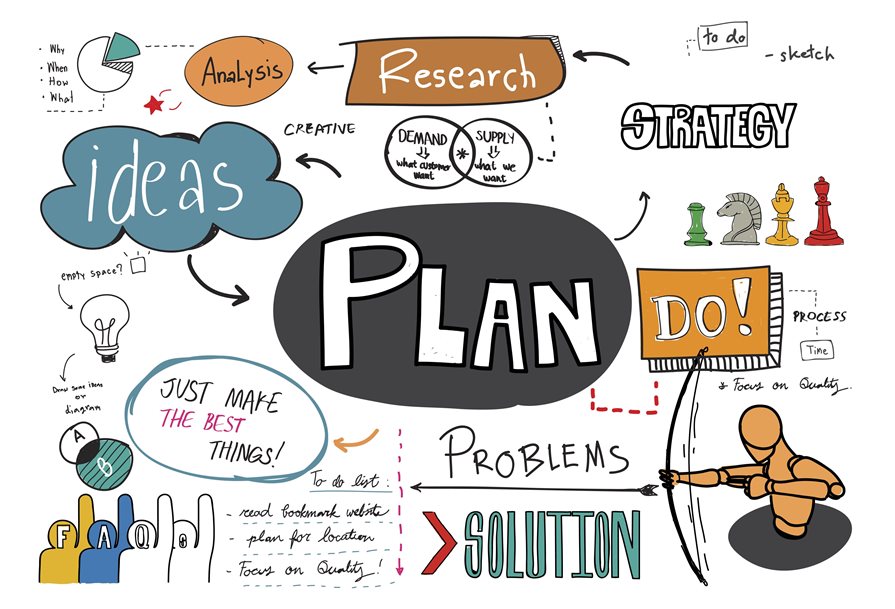Blog List:
1. Raspberry Pi-based Experiment Logger and Analyzer with Remote Lab Control
2. Raspberry Pi-based Experiment Logger: Glimpses of the Kit
3. Raspberry Pi-based Experiment Logger: Wiring up Raspberry Pi 4 B
4. Raspberry Pi-based Experiment Logger: System Concept & Workflow
5. Raspberry Pi-based Experiment Logger and Analyzer with Remote Lab Control: Ready, Set, Go!
Introduction:
Scientists and researchers often have to manage multiple experiments simultaneously, which can be challenging and time-consuming. Traditional experiment management methods can be inefficient and can lead to errors in data collection and analysis. Additionally, it is difficult, expensive and time consuming to manage and monitor experiments in person.
A Raspberry Pi can be used to build a system that can automate and optimize the experiment management process. The system can use sensors to monitor the experiment's environmental conditions and control the experiment's various systems to maintain optimal conditions. Additionally, the Raspberry Pi can be used to remotely monitor and control the experiment, allowing researchers to work remotely.


Applications:
This project cannot only be useful at a lab by scientists or researchers but would be helpful for other uses as well like:
1. Virtual Labs for students & teachers
2. Doing experiments at labs which are at remote locations
3. Rental Experiment Labs
System Concept:
The proposed system will consist of a Raspberry Pi 4 Model B, a selection of sensors to measure temperature, humidity, and other environmental conditions, and actuators to control the experiment's various systems.
The system will have the following features:
- Sensor Interface: The system will interface with various sensors such as temperature and humidity sensors using GPIO pins.
- Control System: The system will use actuators such as relays or motor drivers to control the experiment's various systems based on the sensor data.
- Data Logging and Analysis: The system will log the sensor data periodically to a CSV file stored on an SD card. The data will be analyzed using Python libraries such as Pandas, Matplotlib, and Seaborn to gain insights into the experiment's performance.
- Remote Access and Control: The system can be accessed remotely via a web interface to monitor and control the experiment. The Raspberry Pi can also be connected to a camera and microphone to allow researchers to remotely view the experiment and communicate with the lab personnel.

Project Plan:
The plan is to first understand how to use and setup the Raspberry Pi. Then I will study the various special features of the Raspberry Pi 4 B that will help in building a remote lab.
Once that is done, I will create a detailed system design plan and the workflow of the project. After that I will go into the process of building the project and sharing my progress along the way.
Finally, I will test out the project by trying to conduct few experiments and analyzing the results along with controlling the lab equipment remotely.
Summary:
This project aims to build a Raspberry Pi-based experiment logger and analyzer with remote lab control, which can automate and optimize the experiment management process. The system will be low cost, easy to use, and will provide valuable insights to researchers. With the Raspberry Pi's versatility, the system can be customized to fit the specific needs of different types of experiments and environments. I will continue this series in next blogs with the detailed system design and the building process.
Waiting to get the kit soon and get started!
Connect with Me:
GitHub - aaryan2134
